Arthropods as vertebrate brood predators: observations required
See this video for an excellent example:
6 Comments
-
-
Stefanie
You could contact the researchers of EVECO research group at University of Antwerp. They study ticks, including tick-host interactions in nestbox-breeding birds.
https://www.uantwerpen.be/en/research-groups/eveco/research/main-ongoing-project/hostparasiteinteractionsinbirds/ -
VLADIMIR DINETS
Any biologist in southeastern US, particularly in Louisiana, can tell you tons of horror stories about fire ants. There was a paper somewhere about them killing alligator hatchlings in nests, and they are a major problem for native vertebrates in general.j I’ve seen killdeer chicks and newborn muskrats swarmed and killed. I also know of a case when they killed an
entire litter of mink pups.
Leave a Reply
You must be logged in to post a comment.


Peter Apps
I recall a paper on ants attacking a nest of baby mice in the Kruger Park – speculation being that the litter’s mother had excavated into an underground ants’ nest. Probably in the SOuth African Journal of Zoology fromthe mid 1980s ?? I imagine that you will get a lot of ant attacks.